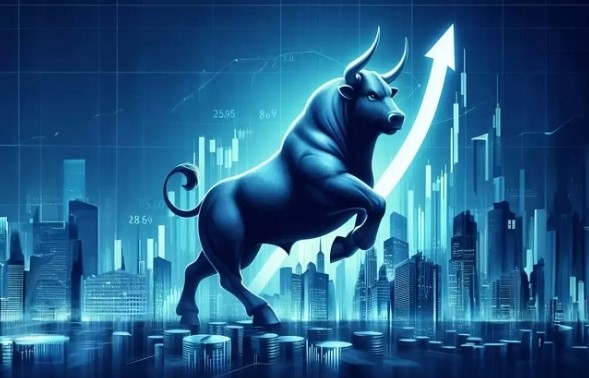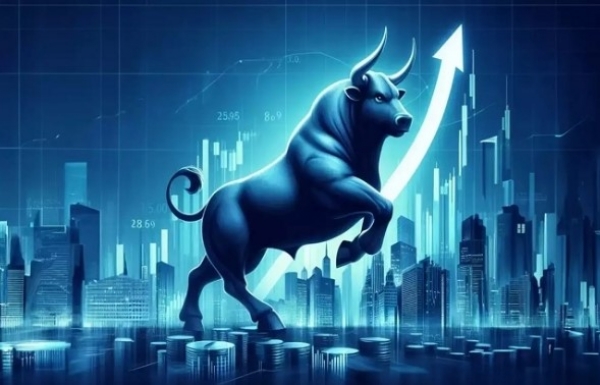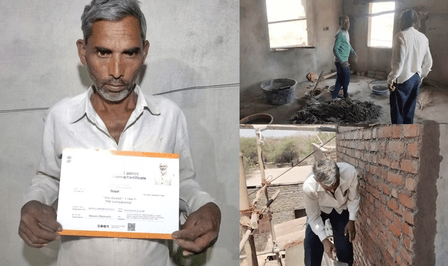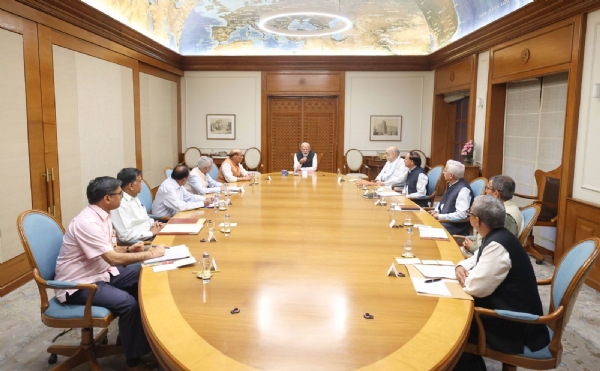
New Delhi, April 23 (H.S.): The domestic stock market continued its upward trend on Wednesday, marking the seventh consecutive day of gains. Trading commenced strongly, allowing the Sensex to exceed 80,000 points for the first time since December 18, 2024. Although the market briefly dipped due to profit booking after opening, buying momentum resumed post-11 AM. By the end of the day, the Sensex closed up by 0.65%, while the Nifty gained 0.67%. The market displayed consistent buying interest across sectors, particularly in automobiles, IT, and real estate. Other indices, including pharmaceuticals, metals, capital goods, FMCG, public sector enterprises, oil and gas, and tech also showed gains. Conversely, the banking and consumer durables sectors experienced selling pressure.
In broader market movements, the BSE midcap index rose by 0.94% and the small-cap index increased by 0.26%. The strong performance resulted in an approximate ₹3 lakh crore wealth increase for investors, with the BSE market capitalization rising to a provisional ₹430.27 lakh crore from ₹427.37 lakh crore on the previous trading day. Active trading involved 4,106 shares on the BSE, with 2,089 closing in the green and 1,866 in the red. Similarly, on the NSE, out of 2,567 traded shares, 1,305 ended positively. Of the 30 Sensex stocks, 24 gained and 6 lost; in the Nifty, 39 shares rose while 11 declined.
The BSE Sensex opened at 80,142.09 points, gaining 546.50 points initially, then peaking at 80,254.55 points before pulling back nearly 750 points due to selling pressure. However, aggressive buying subsequently helped recover over 600 points, closing at 80,116.49. The Nifty opened at 24,357.60 points and initially increased but faced a drop of nearly 240 points due to selling, eventually closing at 24,328.95 points after recovering over 200 points.
Top gainers included HCL Technologies (+7.71%), Tata Motors (+4.60%), and Infosys (+3.66%). In contrast, top losers were Grasim Industries (-2.32%) and HDFC Bank (-1.93%).
Hindusthan Samachar / Jun Sarkar




